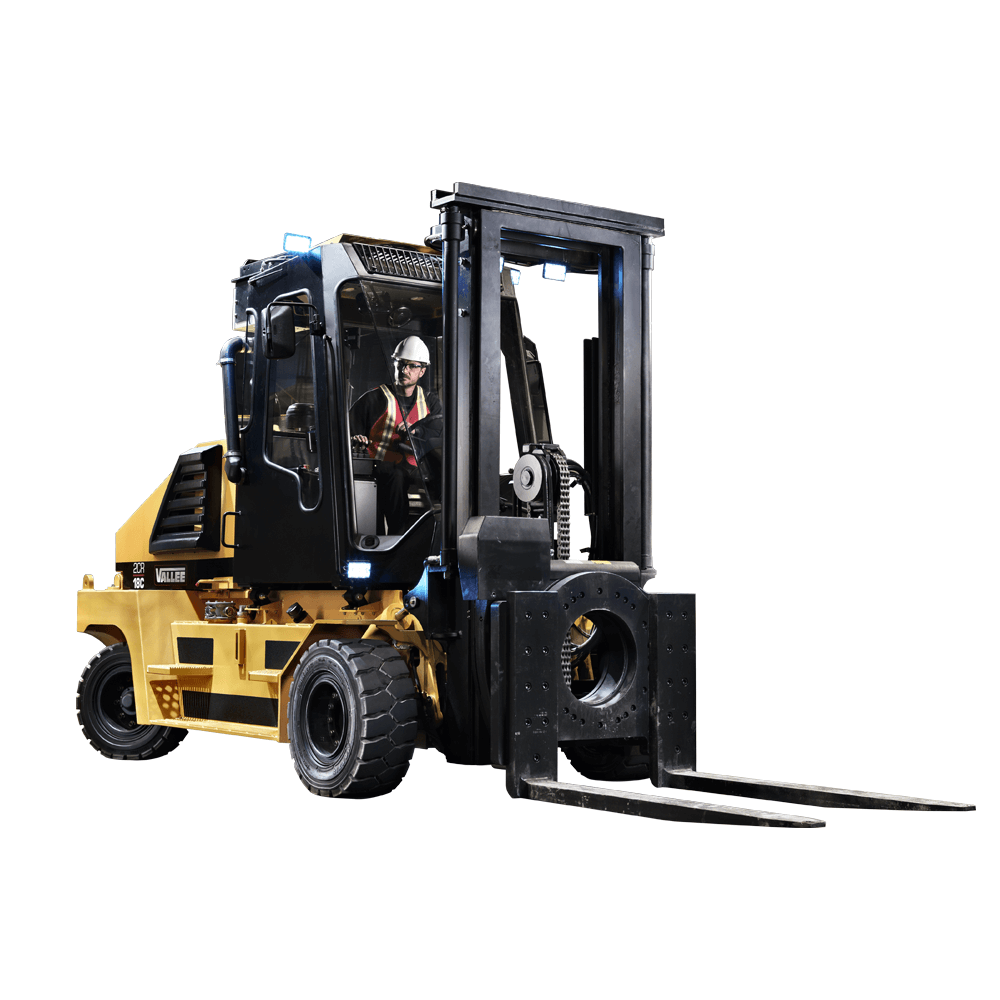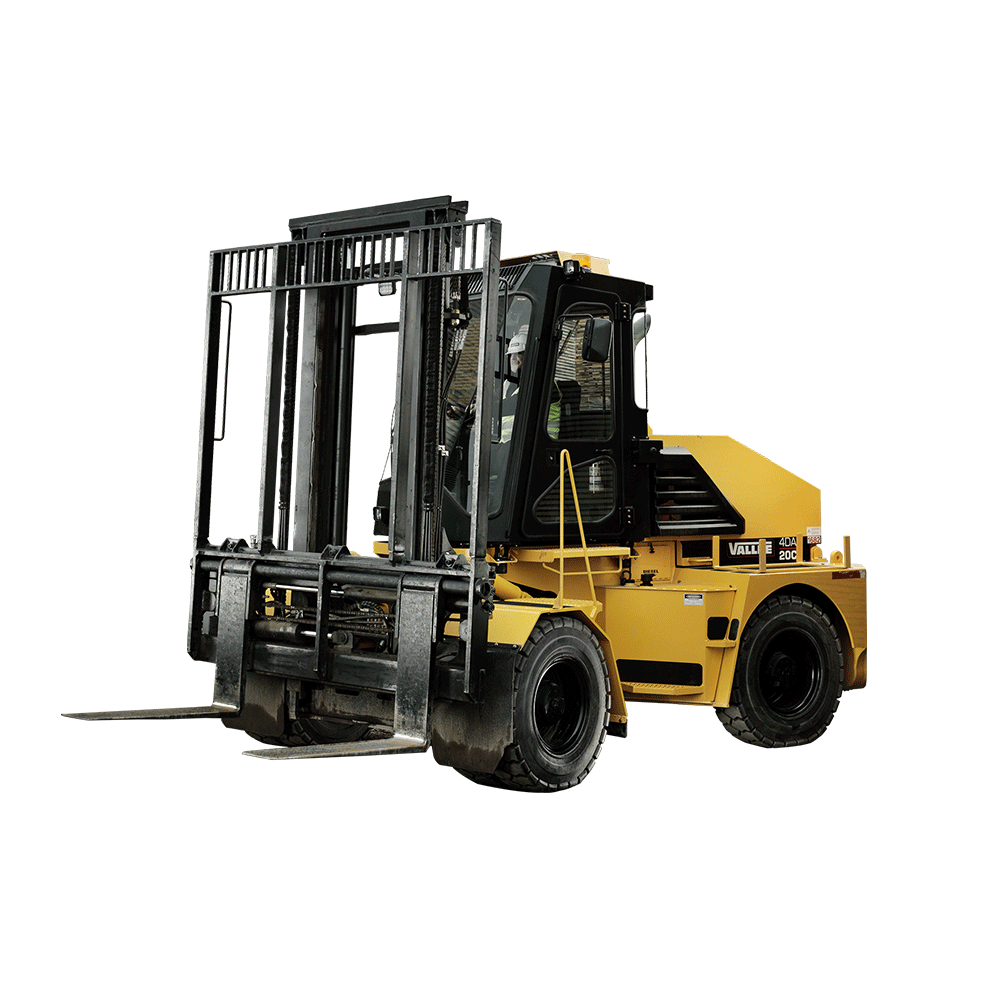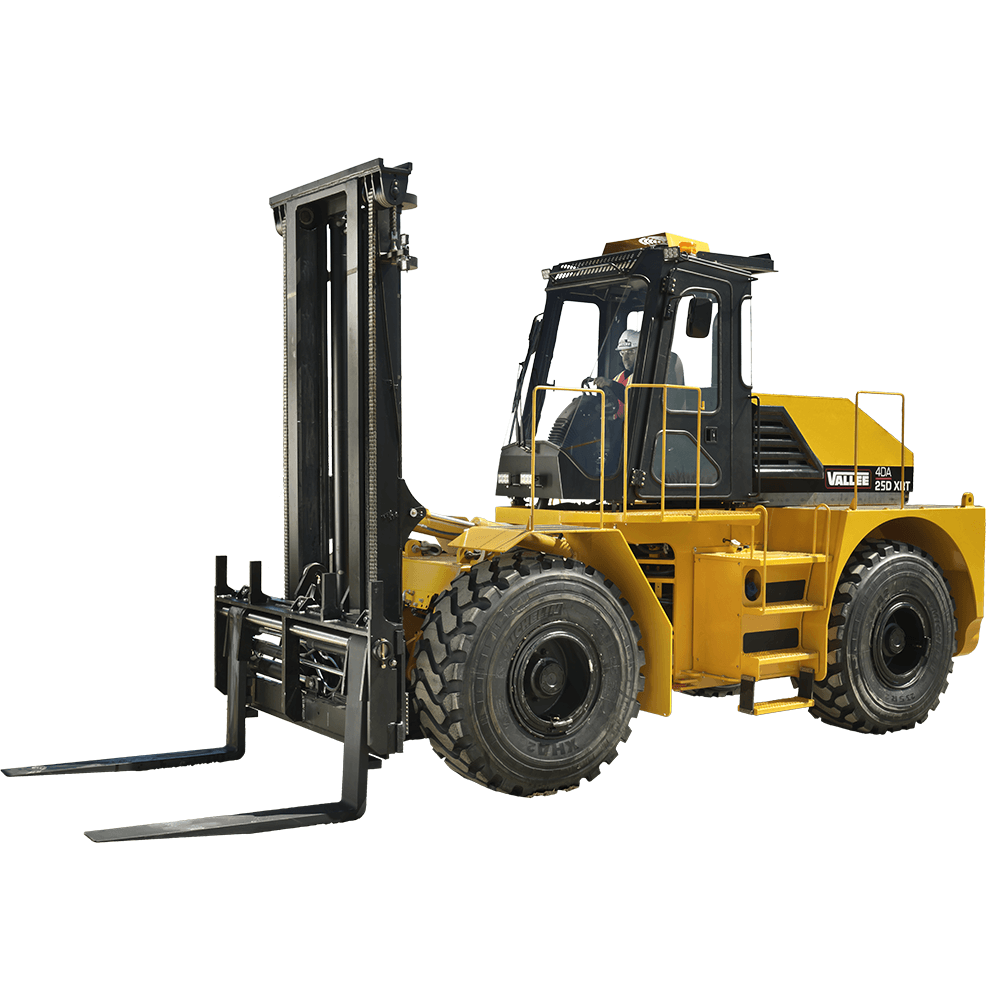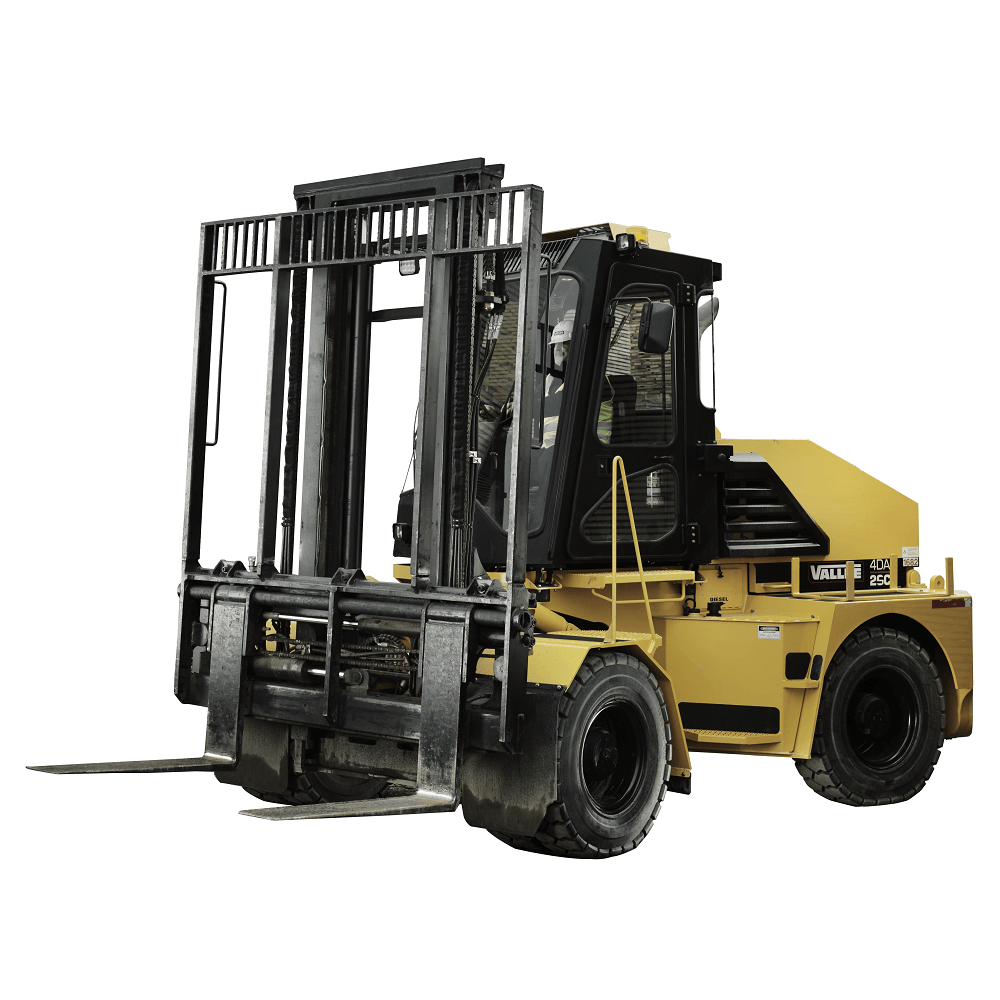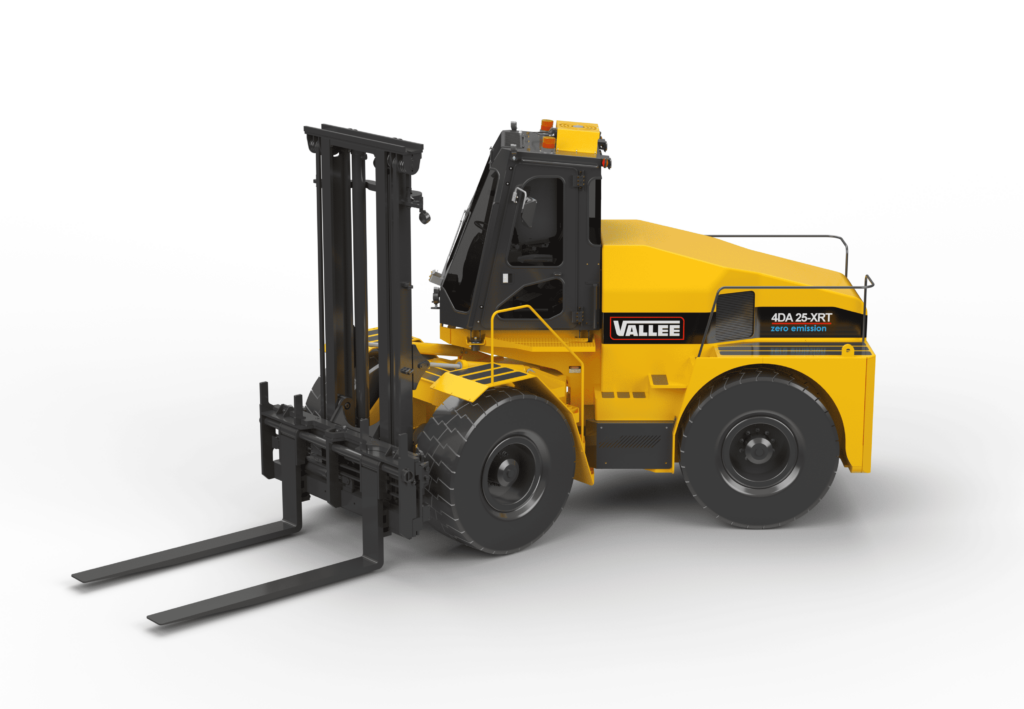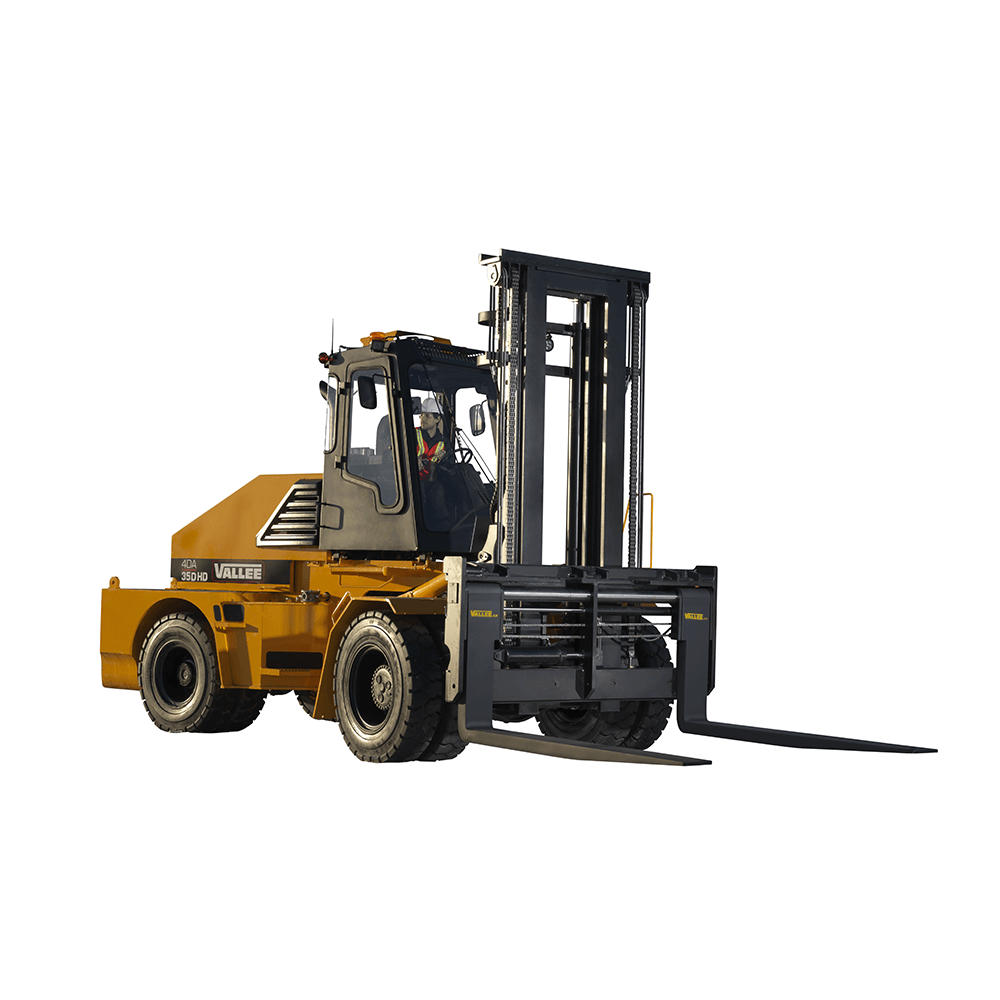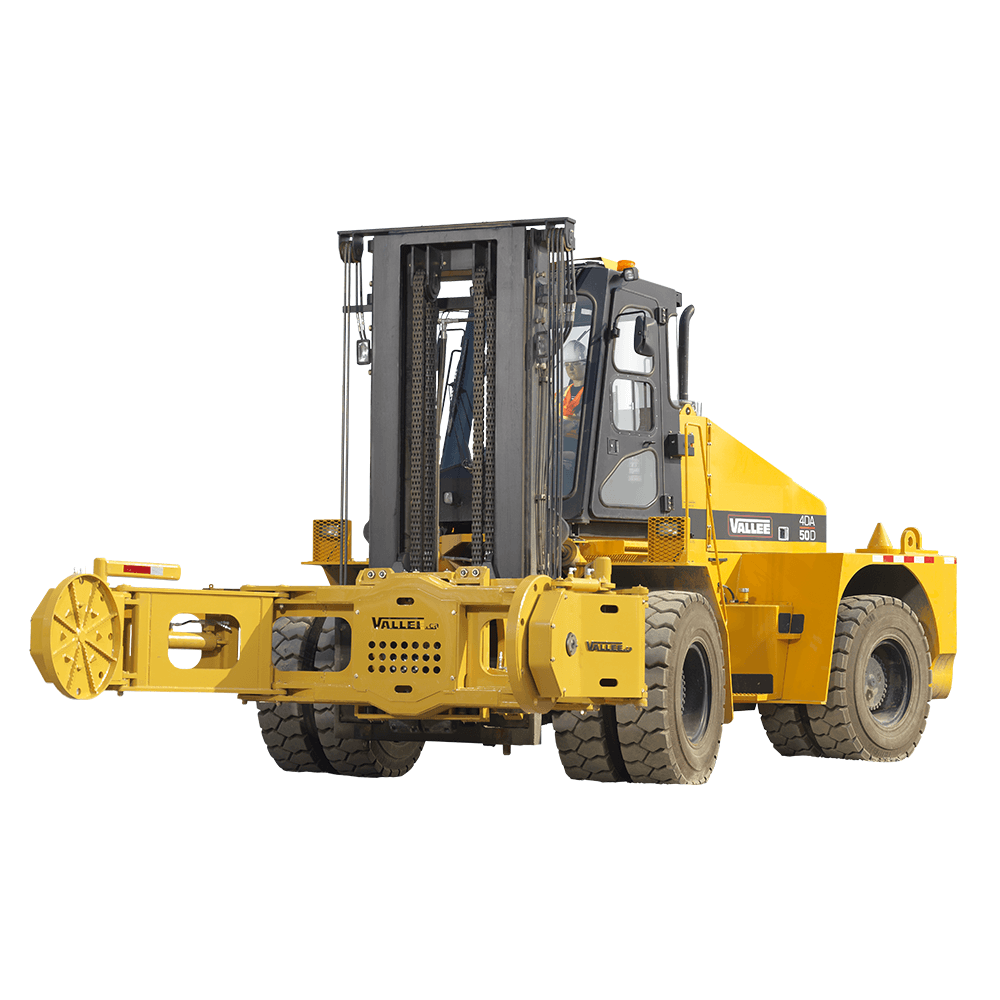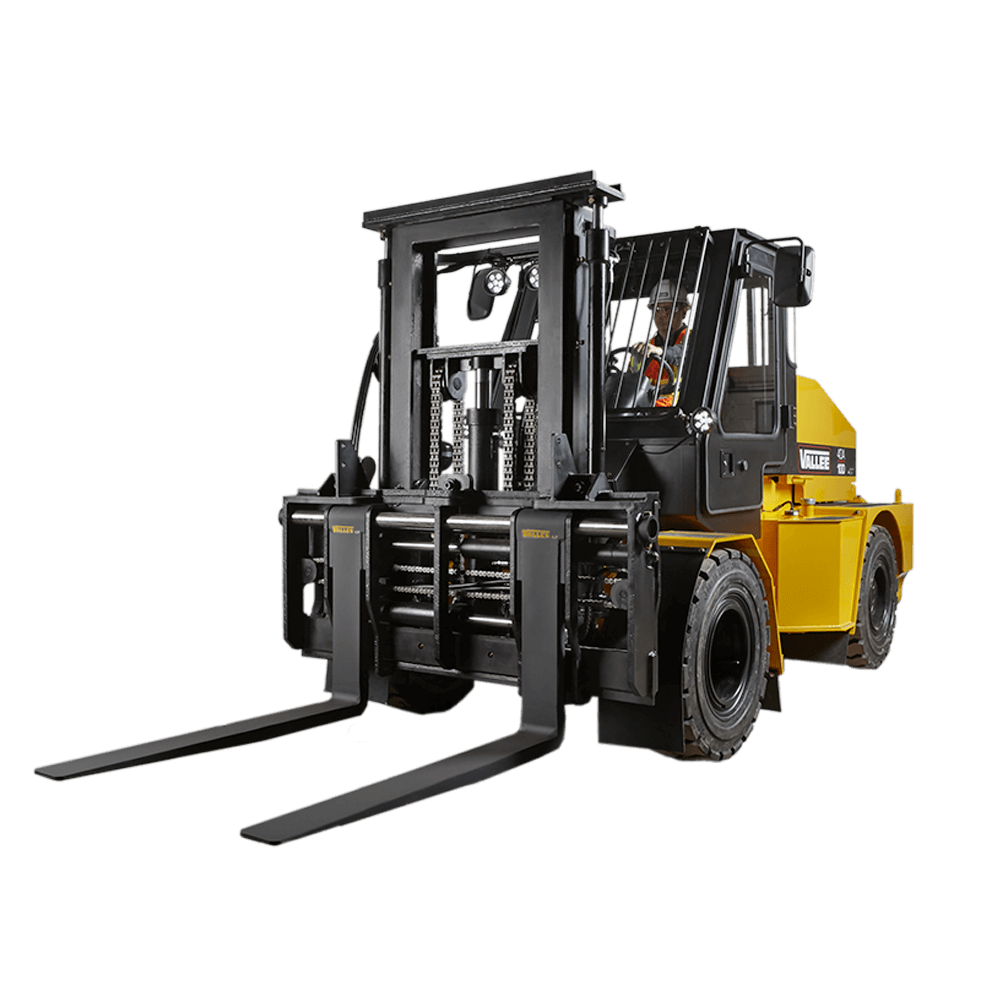
PERFORMANCE YOU CAN TRUST, WHEREVER YOU WORK
From dense forests to remote mines and construction sites, Vallée forklifts are built to operate reliably in the harshest outdoor environments. Our rough terrain forklifts combine high lifting capacity with true off-road capability – no compromise.




